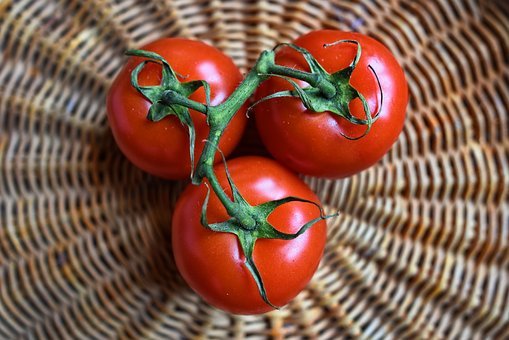Histamine and Tiredness in a Child
There are many reasons why a child might feel tired. As an allergist, I try to explore all possibilities. Allergies can be intense, and they affect different children in different ways. If you suspect that allergies are the main culprit behind your child’s lethargy, take him or her to an allergy specialist.
Histamine is a chemical produced by mast cells, and it is one of many substances released during allergic reactions. Allergic reactions can often trigger itching, sneezing, swelling, and other symptoms. If histamine is a factor in your child’s lethargy, it could be due to the inflammatory chemical’s role in allergies, histamine intolerance, mastocytosis, or another medical condition.
If your child is showing signs of unusual fatigue, consult a pediatrician or allergist for diagnosis and treatment.
Allergies that cause wheezing, watery eyes, runny noses, and sneezing make many sufferers feel drowsy and mentally foggy.
American Academy of Allergy, Asthma and Immunology (AAAAI)
ALLERGIES
Allergies like hay fever can be physically draining. For instance, the symptoms can keep you awake at night, leading to sleepiness the next day. The American Academy of Allergy, Asthma and Immunology notes that allergies that cause wheezing, watery eyes, runny noses, and sneezing make many sufferers feel drowsy and mentally foggy.
Symptoms can cause you to have trouble remembering things, concentrating on everyday tasks, and making decisions. Not surprisingly, the sum effect of all these symptoms may be prolonged irritability.
HISTAMINE INTOLERANCE
Another medical condition that links histamine to tiredness is the diet-related disorder histamine intolerance. Some people lack an enzyme responsible for breaking down histamine-rich foods. When they eat foods high in histamine, they may suffer allergy-like symptoms, such as a rash, itchiness, and abdominal pain.
Foods that are high in histamine include:
• Shellfish
• Cheese
• Tomatoes
• Spinach

The accumulated histamine can produce a variety of symptoms. Laura Maintz and Natalija Novak’s review “Histamine and Histamine Intolerance” in the American Journal of Clinical Nutrition list some of them:
• Headache
• Diarrhea
• Asthma
• Hay fever and eye allergy symptoms
• Low blood pressure
• Skin flushing
• Irregular heartbeat
• Hives
• Rash
Many of these symptoms, alone or in combination, are enough to produce fatigue in a child.
MASTOCYTOSIS
Histamine is also released by mast cells. Mast cells are components of the immune system and key players in allergic responses. Mast cells release histamine when they encounter substances the immune system sees as foreign or threatening.
Mastocytosis is a condition in which an individual has too many mast cells. According to the National Institute of Allergy and Infectious Diseases, symptoms of mastocytosis include:
• Itching
• Pain affecting the muscles and bones
• Abdominal discomfort
• Ulcers
• Nausea
• Vomiting
• Diarrhea
Symptoms of mastocytosis can lead to exhaustion, especially in children.
Congratulations @galini! You have completed the following achievement on the Steem blockchain and have been rewarded with new badge(s) :
You can view your badges on your Steem Board and compare to others on the Steem Ranking
If you no longer want to receive notifications, reply to this comment with the word
STOPTo support your work, I also upvoted your post!
Vote for @Steemitboard as a witness to get one more award and increased upvotes!
Hi, @galini!
You just got a 0.93% upvote from SteemPlus!
To get higher upvotes, earn more SteemPlus Points (SPP). On your Steemit wallet, check your SPP balance and click on "How to earn SPP?" to find out all the ways to earn.
If you're not using SteemPlus yet, please check our last posts in here to see the many ways in which SteemPlus can improve your Steem experience on Steemit and Busy.